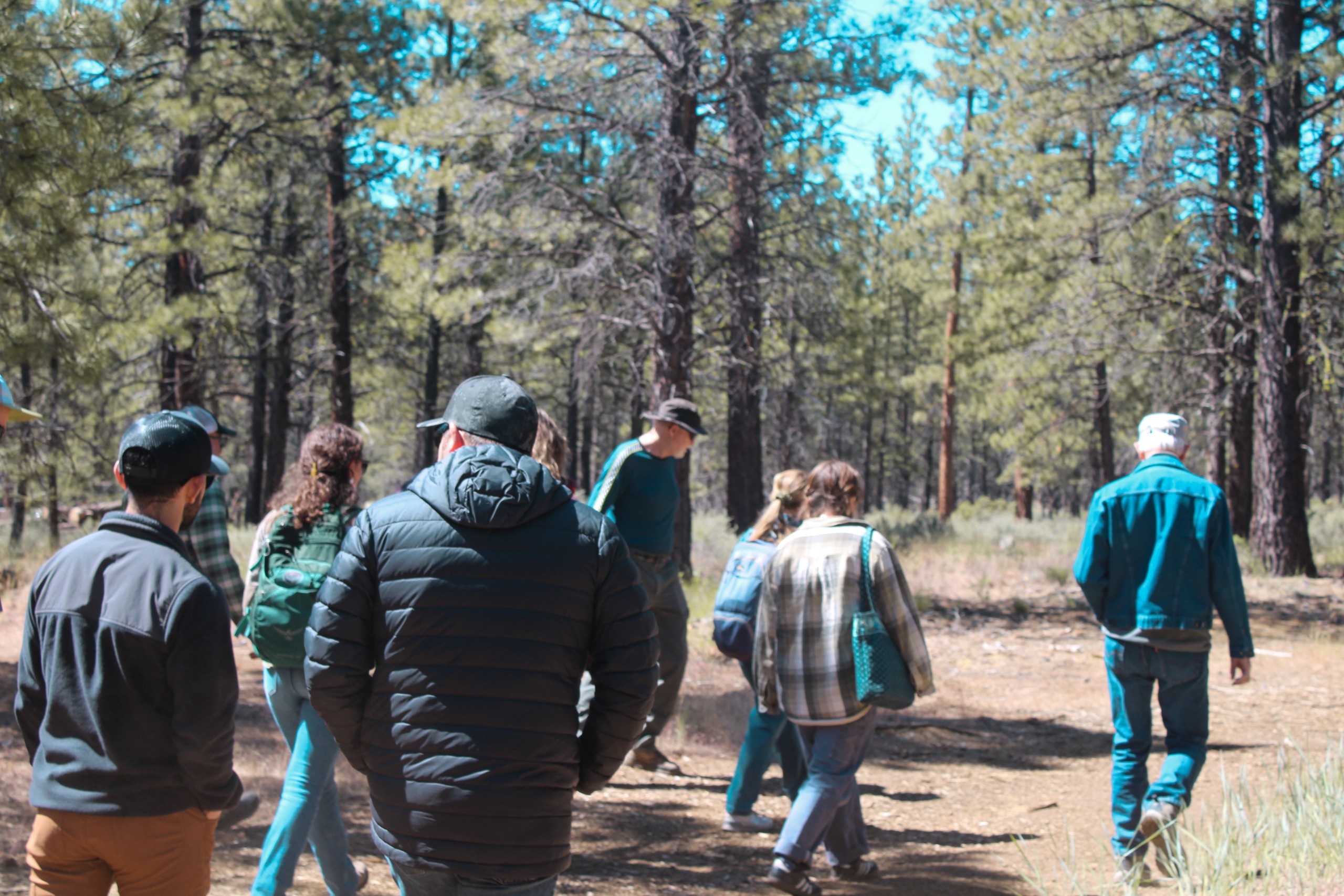The Deschutes Soil and Water Conservation District (DSWCD) was one of only 20 conservation districts in the nation this year awarded an Urban Agriculture Conservation Grant. It is also the first time that an Oregon conservation district received funding from the program.
DSWCD will partner with The Environmental Center to implement soil health improvement practices with Central Oregon Youth and Schools. The grant focuses on improved soil health through the creation of a school gardens workshop for Central Oregon educators and provides support to amend school garden soil. A soil health lesson will be created and presented in classrooms. Youth will get hands-on experience improving soil by planting pollinator corridors.
The National Association of Conservation Districts (NACD) and the U.S. Department of Agriculture (USDA) Natural Resources Conservation Service (NRCS) established the Urban Agriculture Conservation Grant Initiative in 2016 to help conservation districts and their partners provide much-needed technical assistance for community-oriented agricultural projects in both urban and rural contexts.
“The Urban Agriculture Conservation grants provide opportunities for conservation districts to continue their great work in new and different ways,” NACD President Michael Crowder said. “The projects we’re announcing today will help conservation districts reach new audiences and build new programs to provide technical assistance in a variety of community-oriented settings.” This is the fifth round of funding awarded by NACD and NRCS, with grants totaling $5.6 million for 122 projects across 35 states.
See the full list of 2021 grantees on NACD’s 2021 Urban Agriculture Conservation Grant Recipients webpage, and read more about past grantees on NACD’s Urban Agriculture Conservation Grant Initiative Story Map.
The National Association of Conservation Districts is the non-profit organization that represents the nation’s 3,000 conservation districts, their state associations and the 17,000 men and women who serve on their governing boards. For more than 70 years, local conservation districts have worked with cooperating landowners and managers of private working lands to help them plan and apply effective conservation practices. For more information about NACD, visit: www.nacdnet.org.
Share this article
Follow us
Discover More
October 30, 2025
October 30, 2025
October 30, 2025



